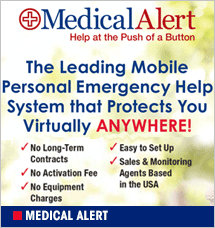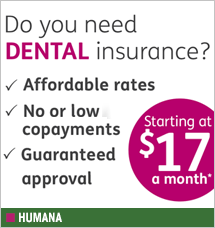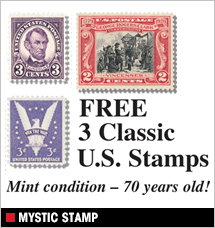Dollar Sense
Potpourri: Stuff You Should Know to Keep Your Money Safe from Scams, Schemes, and Scoundrels

Impersonating the Watchdogs
The Federal Trade Commission (FTC) is one of the watchdogs that keep after the wolves that seek to scam the rest of us. But now the scammers are trying to use the good reputation of the FTC to try to steal your personal financial information. Here’s what they do:
Scammers are sending out emails claiming to be from… you got it, the FTC. Specifically, Maureen Ohlhausen, the FTC Acting Chairman. The fake email will tell you the FTC is trying to distribute the money from the recent huge government settlement with Western Union. And, they say, they’re trying to ensure you get your share, if you’ll just be so kind as to provide them access to your bank account and other financial information.
The FTC reminds us, scammers are skilled liars – don’t fall for it. In fact, imposter scams are growing in frequency. In 2016, more consumers reported some type of imposter scam than any other fraud.
If you get an email like this, don’t respond or click on any links. You can forward it to the FTC at This email address is being protected from spambots. You need JavaScript enabled to view it. .
If you happen to be someone who expects a refund in the Western Union settlement, you should know the refunds will come from the U.S. Department of Justice, not the FTC. And the process hasn’t started yet.
You can keep an eye on the latest scams uncovered by the FTC by signing up for free scam alerts, at FTC.gov.
Theft at the Gas Pump
But I don’t mean from rising gas taxes in states like mine – and it’s not the gas pump itself that steals from you. It’s a scam tool called a “skimmer.” You may have been alerted to the possibility of a skimmer at ATMs, but gas stations may be an even greater risk, particularly those that aren’t open 24 hours a day. Why? Because this scam involves a thief attaching a fake card reader to the slot where you insert your debit or credit card to pay for your gas. Obviously, that’s easier when the card slot is not being watched.
Here’s how a skimmer works. A device that looks like the usual card slot is attached right over the actual card slot. Unsuspecting customers dip their cards as usual, but the fake skimmer reads your account information and grabs the password or PIN that you enter. Criminals then sell your data, or use it to make purchases online. Generally, you’ll be none the wiser until your statement arrives, or an overdraft notice.
Here are tips from the Federal Trade Commission to avoid being a victim of skimmer fraud.
- Take a moment to notice the panel of the gas pump where you insert your card. Many stations now add protection by putting a security seal on the panel that breaks if someone tampers with it. If it has been tampered with, the seal will read “void.”
- Look at the card reader. Does it look like the other readers at the station? If it doesn’t, for example, if it sticks out farther or is a different color, it might have a skimmer attached. You might be able to wiggle it and see if it moves. If so, report it to the station attendant, but either way, if it looks odd, move to a different pump.
- Use a credit card instead of a debit card, as a credit card is generally less risky for you. Or if you use your debit card, run it as a credit card so that you don’t have to enter a PIN. If you must enter a PIN, cover the keypad with your hand. Why? Because some scammers operate by installing a tiny pinhole camera that actually records what you enter.
- Keep an eye on all of your accounts, looking for unauthorized charges.
- If you’re really concerned, just pay with cash inside, or use the pump closest to the view of the station attendant. Obviously thieves depend on being unseen.
If your card has been compromised, report it to the bank or card issuer. By federal law, your liability is limited, if your card is lost or stolen. But the amount of your liability may depend on how quickly you report the loss or theft.
It’s Vacation Season, Time for a Reminder about Vacation Scams
The Federal Trade Commission (FTC) wants you to have a scam free vacation. Before you pay in advance or make a reservation, check these points:
Make sure the cancellation and/or refund policies are clear and that you have a copy in writing.
Pay by credit card if you can, as credit cards offer more protection than paying by cash, check, or debit card so make sure that’s an option.
Ask for the total with fees and taxes when you’re quoted a per night price. Depending on where you’re going, the local taxes can be exorbitant.
Don’t rely on one set of reviews if you’re going somewhere new. Check out a few sites, and keep in mind that some people will only post a review to complain so sometimes you’ll need to take the reviews with a grain of salt. I like to use Yelp, but again, I realize some people only go there to gripe.
Be alert if you receive a robo-call telling you that you’ve won a free trip. According to the FTC… you should assume it’s a scam. Hang up and report the caller on ftc.gov.
Teresa Ambord is a former accountant and Enrolled Agent with the IRS. Now she writes full time from her home, mostly for business, and about family when the inspiration strikes.



























































